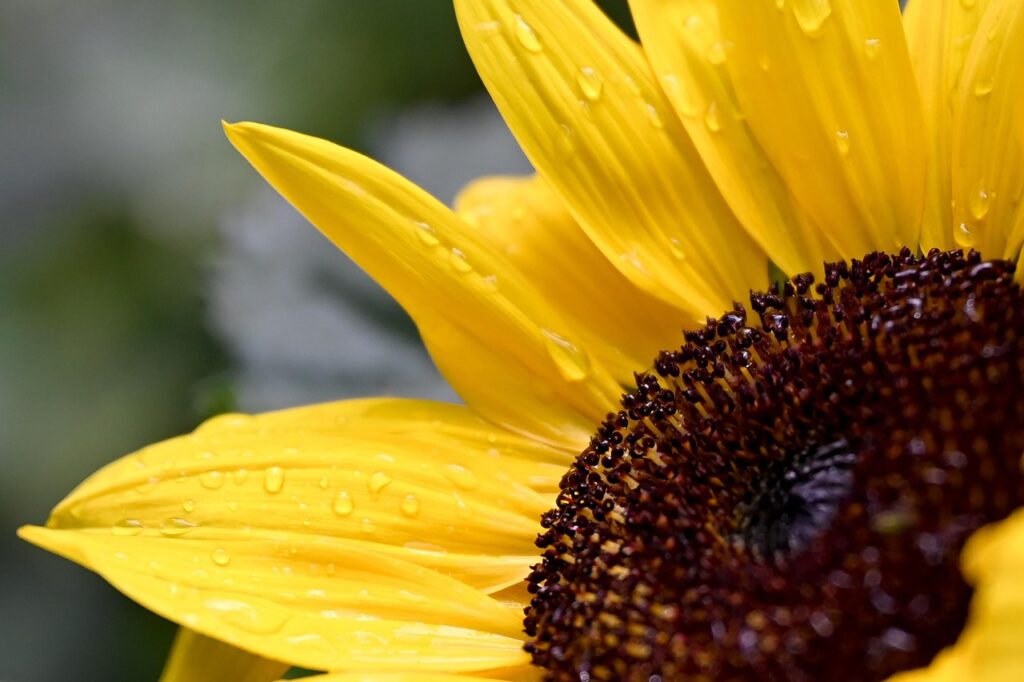Embracing Spiritual and Physical Decluttering in the Modern World
In today’s fast-paced, consumer-driven society, the ethos of minimalism is resonating with more individuals seeking peace and simplicity. I’m not a minimalist at heart, but I do find myself often overwhelmed financially, spiritually and emotionally by clutter. It wasn’t until we intentionally slowed down, began our journey into homesteading that I finally embraced the idea. And then I realized maybe I’d coined a new term … Catholic Minimalism. Minimalism, characterized by intentional living and reducing excess, strikingly mirrors the age-old teachings of Catholicism. From the monastic traditions that highlight the beauty of a simple life to the Gospel’s emphasis on spiritual richness over material wealth, there’s an undeniable parallel between the minimalist lifestyle and Catholic values. Dive into this exploration of how decluttering our lives can bring us closer not only to inner peace but also to a deeper understanding of our faith.
Valuing Simplicity

At the heart of both minimalism and the revered doctrines of Catholicism lies a profound appreciation for the virtues of simplicity. For those journeying on the minimalist path, this manifests as a deliberate choice to peel away the layers of physical excess, cultivating spaces of clarity and serenity.
On the other hand, a devout Catholic seeks this elegance of simplicity in the spiritual realm, opting for a life imbued with humility. Here, the allure of life’s simple joys takes precedence, casting aside the often hollow temptations of opulence and extravagance.
Detachment from materialism

The teachings of Jesus, both true and profound, emphasize the ephemeral nature of material possessions, urging his followers to rise above the transient allure of earthly belongings. To give them up, if they get in the way of our discipleship.
In a similar vein, the philosophy of minimalism resonates with this wisdom, advocating for a life where individuals gracefully release the excess from their lives. In this minimalist creed, true worth and happiness aren’t tethered to material accumulations, but instead, are found in the richness of experiences and relationships. Inner peace is a direct result.
Intentionality

Minimalism, calls for a profound reflection on how we inhabit our spaces and engage with the world. At its core, it beckons us all to be discerning, creating an existence where possessions, decision, and commitment is imbued with intentionality. In such a lifestyle, there’s no room for the frivolous or the worthless. This is not just a pursuit of physical decluttering but a deep, introspective journey to align one’s external world with inner values, goals and aspirations.
Parallelly, the principles of Catholicism have, for centuries, championed a similar form of intentionality, albeit in the spiritual realm. For Catholics, our actions, thoughts, and decisions are seen through the lens of faith. To live with intention in Catholicism is to ensure that one’s life choices are in harmony with the teachings of the Church and the message of Christ. This manifests in the form of intentional prayer, it is also in deliberate acts of charity, love and service, physically, emotionally and financially. Spiritual intentionality extends, also, to moral choices, relationships and growth in the faith.
sustainable living and stewardship

Pope Francis, in his encyclical “Laudato Si’,” ventured beyond traditional religious discourse to address one of the most controversial issues: the environmental “crisis”. He underscored the link between faith and the responsibility each of us holds towards the Earth. Drawing from the rich tapestry of Catholic teachings, he reaffirmed the belief that the Earth is not merely a resource but God’s creation, deserving of reverence and care.
The Pope’s message is unequivocal. He speaks of the Earth as our common home, highlighting the profound interdependence of all its inhabitants. “Laudato Si’,” calls on the world, not just Catholics, to recognize the obligation of us all to act conscientiously. It is a call to re-evaluate our consumer-driven lifestyles, to be judicious in our use of resources, both material and financial, and to care for the home we share with all of creation.
Similarly, at the heart of minimalism is a drive to challenge the status quo of rampant consumerism as a fundamental shift in perspective. By living within our means, being responsible with our resources, leaving no trace, and emphasizing quality over quantity, we not only promote a sustainable way of life, but we free ourselves from chaos both internally and externally.
Furthermore, this alignment between minimalism and the messages from “Laudato Si'” goes beyond just sustainable practices. Both urge a deeper introspection into the kind of legacy we want to leave behind…a way of life that enables generosity and choices or one of bondage to materialism.
Acts of charity & generosity

Within minimalism, there lies a profound and surprising act of liberation: the shedding of superfluous material possessions. This is not merely an exercise in decluttering but rather a journey towards recognizing what truly matters in life. As one distances from the gravitational pull of materialism, the keeping up with the Jones’ in all forms, often what culminates is acts of profound generosity. Donating cherished items becomes not just about creating space but about forging pathways of kindness and compassion, channeling resources to those standing at the crossroads of need.
Likewise, the Catholic Church, in its age-old wisdom, has always extolled the virtues of almsgiving and charity. It isn’t just about the act of giving, but the spirit with which it’s given—a genuine, heartfelt desire to uplift and support the less fortunate. “whatever you did for one of these least brothers of mine, you did for me.” (Mt 25:40)
Find Peace and joy outside of stuff

In the intricate dance of life, where modern philosophies like minimalism intersect with religion, there lies a universal truth: that a life lived with intention, humility, and purpose is the most fulfilling. Both minimalism and Catholicism, in a surprising twist, converge on this profound understanding. They invite us to strip away the superficial, to focus on the eternal, and to find joy in simplicity.
As we navigate the complexities of our world, may we continually be inspired to seek deeper meaning, to cherish genuine connections, and to cultivate a spirit of generosity. For in this harmonious blend of old wisdom and new insights, we find a roadmap to true contentment and purpose.
Stay Wild, Stay Free, Love from us ALL!







